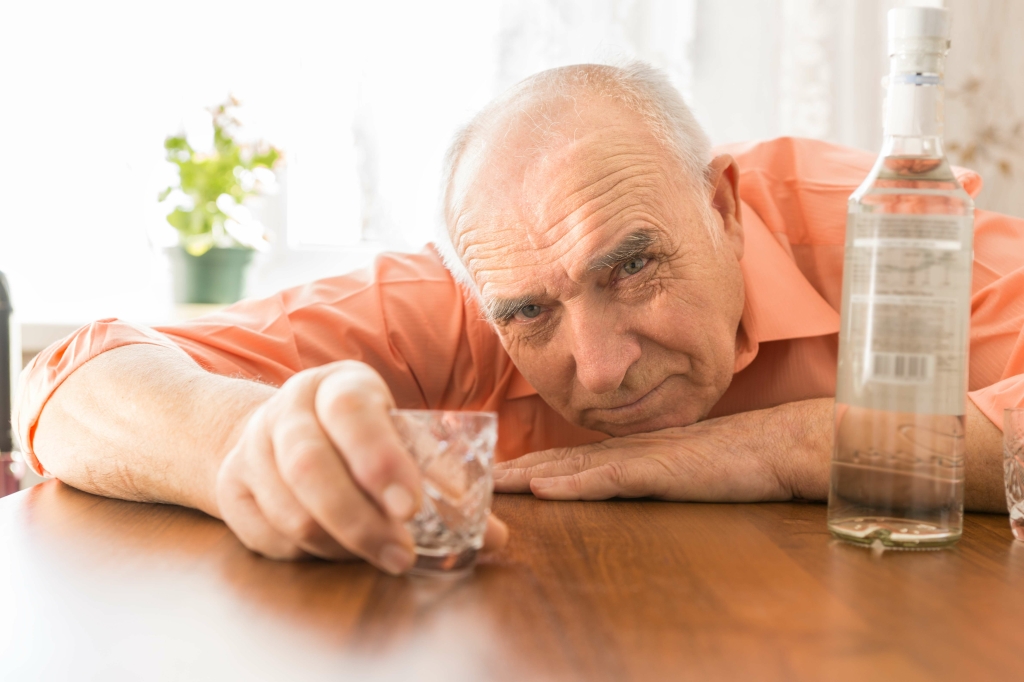Get ready to unleash your inner superhero as we embark on a transformative path to nurturing your mental well-being. If it has hit you that you are drinking too much and that cutting down or quitting is not as easy as you thought it would be, you may be wondering what other steps you can take to control why can’t i control my drinking your alcohol consumption. Many people, including some medical professionals, believe that abstinence is the only way. But medical research has shown that the cold-turkey approach may not be the best way for everyone.
Alcohol Moderation Management Steps and Process
SELF does not provide medical advice, diagnosis, or treatment. Any information published on this website or by this brand is not intended as a substitute for medical advice, and you should not take any action before consulting with a healthcare professional. “Just get a sparkling water, put a lime in it, and have fun,” he says. People who seek help to reduce their drinking are generally having significant drinking problems. But they are not as seriously dependent as those who enter abstinence-focused treatment programs. How can you best communicate your struggle with cravings to your loved ones?

Health Categories to Explore
Whatever your reason to quit drinking, know that you’re doing yourself a favor. Alcohol impacts our sleep, relationships, weight, risk for serious chronic conditions and more. If you feel comfortable doing so, discuss your challenges with your primary healthcare professional.
Measure your drinks.
- People dealing with less obviously destructive addictions like pornography or food typically fare even worse.
- With practice, these techniques can increase self-awareness and provide a more nuanced understanding of one’s cravings, making it easier to manage them.
- Participants not only find emotional backup but also gain practical insights and strategies from those on the same journey.
- Dehydration and poor nutrition can amplify the need for alcohol.
According to the surgeon general of the U.S., it can take up to 5 years after being in remission for alcohol use disorder for the risk of relapse to fall below 15%. The surgeon general defines remission as 2 years after stopping alcohol consumption. The app tracks a person’s progress and provides rewards when they hit milestones. There is always someone available from the community to answer questions and give feedback on a person’s achievements and challenges. By completing a few games and activities each week, Happify aims to improve a person’s life satisfaction and empower them to manage negativity. People can track time and money saved on the app and share successes and new chips on social media.
Users of Sober Grid can also find friends while traveling, as the network connects people locally and anywhere in the world. If you turn to alcohol to ease anxiety, try exercise as a healthy alternative. Use the NIAAA’s drink size calculator to determine the amount of alcohol in various drinks. To determine whether—and where—you fall in the alcohol use disorder (AUD) spectrum, answer the following questions. When you consider how to go about giving up alcohol, account for factors like how much you drink and your reasons for drinking. Take our free, 5-minute substance use self-assessment below if you think you or someone you love might be struggling with substance use.
- Even if alcohol isn’t enjoyable to you, the socialization ritual surrounding it is.
- Excessive drinking has numerous impacts on your body and mind, ranging from mild to severe.
- By avoiding alcohol, you’re taking a big step toward improving physical health.
- Although not specifically designed for addiction, Coach.me allows people to set a goal and helps them work toward achieving their objectives.
Finding a therapist can also be a great starting point if you’re uncomfortable opening up to your healthcare professional. Research shows that most people believe that drinking can make them feel better. However, when alcohol makes up part of your typical routine, drinking can become something of an automatic response, especially when you feel stressed or overwhelmed. Becoming more aware of your alcohol triggers and reasons for drinking can help you plan ways to help manage the urge to drink. Knowing why you drink is essential, says Cyndi Turner, LCSW, LSATP, MAC, a Virginia therapist specializing in addiction treatment and alcohol moderation. When it comes to cutting back on drinking, tapping into the psychological needs behind your choices can be a game-changer.


At Ria, we offer weekly meetings with certified counselors to help members stay on track and build skills for long-term change. I’m a writer, competitive chess player, Army veteran, physicist, and former professional heavyweight boxer. My work focuses on self-development, realizing your potential, and sobriety—speaking from personal experience, having overcome both poverty and addiction. Even if you’ve only been sober for 1 day, there’s someone who can use your guidance that is at day 0. They also give useful ideas for support strategies and even more tips to help you to get your drinking under control.
It is currently the third leading cause of death and can cause several health conditions, such as cancer, stroke, and liver disease. The app uses hypnotherapy, relaxation, visualization, and positive suggestion. While Happify is free to download, people can purchase extra features through the app, starting at $9.99. While Sober Grid is free to download, people can purchase optional in-app memberships, starting at $3.99 per month.
With these tailored strategies at your disposal, you are equipped to navigate the unique mental health challenges faced by college students without relying on alcohol. Remember to personalize these approaches to align with your needs and circumstances. Embrace your college journey with resilience, self-discovery, meaningful connections, and a commitment to personal well-being. Thrive in the college experience while cultivating a balanced and fulfilling life. For some drinkers, controlled drinking or moderate drinking is an option, and for a small portion of the population, about 5%, controlled drinking is nearly impossible. While many people believe “once an alcoholic, always an alcoholic,” many people diagnosed with alcoholism can learn to control their drinking and become social drinkers again.
Our program lets you meet with a recovery coach over the internet once a week, and keep track of your drinking habits via the Ria app. Medications may also be used to help you drink more moderately. As we age, prioritizing our mental health becomes increasingly important.